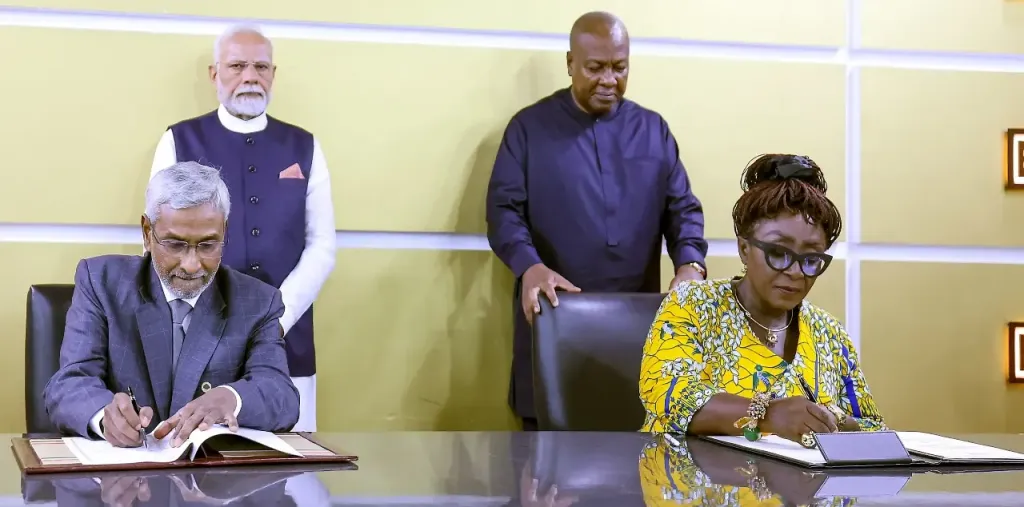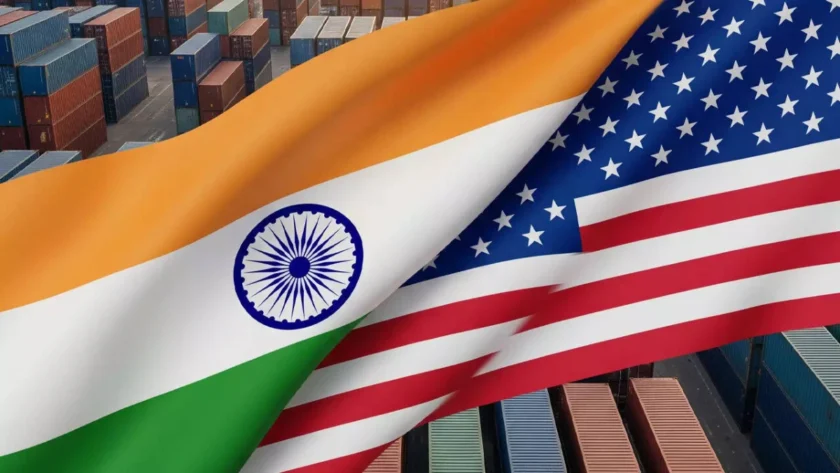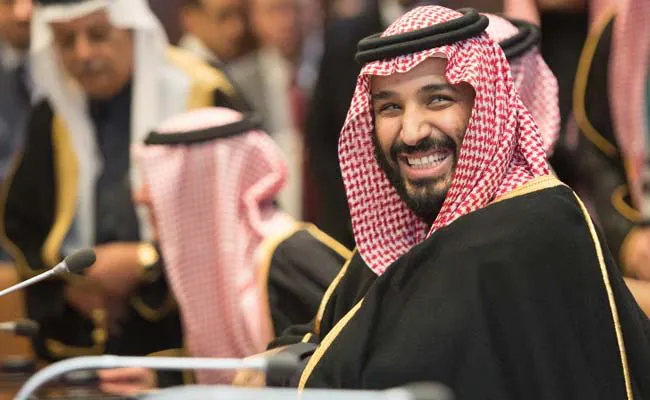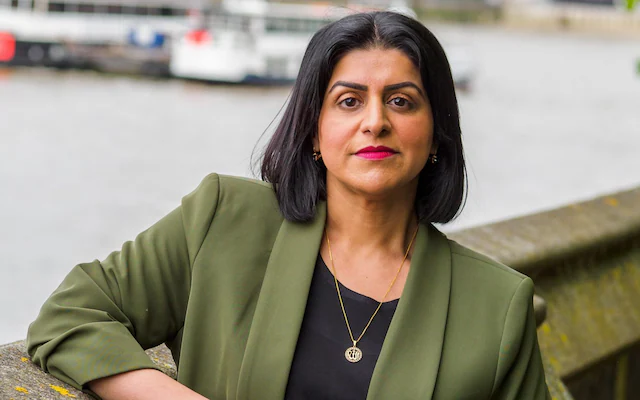Accra – In a significant step to deepen bilateral relations, India and Ghana signed four Memorandums of Understanding (MoUs) on Wednesday during Prime Minister Narendra Modi’s historic visit to Ghana — the first by an Indian Prime Minister in over three decades. The agreements are aimed at enhancing cooperation in culture, traditional medicine, standardization, and high-level diplomatic dialogue.
The MoUs were finalized following delegation-level talks between Prime Minister Modi and Ghanaian President John Mahama in Accra.
Strengthening Bilateral Ties
At a press briefing, Dammu Ravi, Secretary (Economic Relations) at the Ministry of External Affairs, confirmed that the signed MoUs are expected to lay a robust foundation for long-term collaboration between the two nations.
“The four MoUs reflect India’s commitment to promoting mutual growth through cultural diplomacy, health sector cooperation, and shared governance mechanisms,” Ravi stated.
Details of the Four MoUs
- Cultural Exchange Programme (CEP):
Designed to enhance people-to-people connections, the CEP focuses on literature, art, music, dance, and history. It aims to promote tourism and deeper cultural understanding between India and Ghana. - Standards and Certification Cooperation:
A pact between the Bureau of Indian Standards (BIS) and the Ghana Standards Authority (GSA) will enhance cooperation in standardization, certification, and conformity assessment, paving the way for smoother trade and mutual recognition of quality standards. - Traditional Medicine Collaboration:
The Institute of Teaching and Research in Ayurveda (ITRA) in India and Ghana’s Institute of Traditional and Alternative Medicine (ITAM) have partnered to promote education, training, and joint research in traditional medicine, recognizing its importance in both countries’ healthcare systems. - Joint Commission Meeting Mechanism:
The fourth agreement institutionalizes a high-level diplomatic dialogue between India and Ghana. The Joint Commission will enable regular assessments of bilateral cooperation and ensure structured interactions between foreign offices.
Agricultural and Pharmaceutical Cooperation
President Mahama expressed strong interest in India’s support for Ghana’s agriculture sector, with a vision to transform the country into a food basket for West Africa. Prime Minister Modi reportedly pledged assistance in this domain.
“India is ready to support Ghana’s efforts in agricultural innovation and capacity-building,” Ravi noted.

Additionally, the two leaders discussed enhanced cooperation in pharmaceutical manufacturing, particularly in vaccine production. Ghana aims to emerge as a vaccine hub in the region, and seeks technical and investment support from Indian pharmaceutical firms.
“With India’s global leadership in the pharma sector, we see this as a natural synergy,” Ravi added. “Discussions with the Global Vaccine Alliance are already underway to bolster Ghana’s infrastructure.”
A Landmark Visit
Prime Minister Modi’s visit marks a historic moment in India-Africa relations, underscoring New Delhi’s renewed focus on the Global South. Analysts view the visit as part of India’s larger strategy to build sustainable partnerships across Africa in sectors like infrastructure, health, and education.
This diplomatic engagement follows Modi’s recent state visits to other African nations, reflecting India’s growing strategic outreach and commitment to South-South cooperation.
The visit is expected to set the tone for deeper India-Ghana ties, reinforcing a relationship based on shared democratic values, developmental priorities, and mutual respect.










